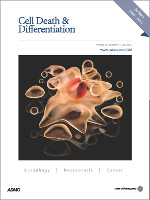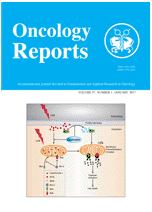 A brain journal has retracted four papers by a researcher due to image duplications that the university uncovered during an investigation into his work.
A brain journal has retracted four papers by a researcher due to image duplications that the university uncovered during an investigation into his work.
According to the retraction notice, Wayne State University found that Christian Kreipke had used several images in these articles “to represent different results in grant proposals and/or poster presentations,” and that the data were unreliable. Kreipke now has a total of five retractions, by our count.
As we’ve reported before, Wayne State and Kreipke have been engaged in conflict for several years. In 2012, Kreipke was dismissed from his assistant professor post at Wayne State after the university said it found evidence of research misconduct, according to Courthouse News. Kreipke fired back against the university, filing a whistleblower lawsuit. In it, Kreipke claimed that the institution was “involved in a conspiracy,” according to unsealed court documents, in which it had swindled the U.S. government out of millions in research funding.
A judge dismissed the case in 2014, but the conflict between Kreipke and Wayne State was not over. Continue reading Researcher who lost whistleblower lawsuit logs 4 more retractions

 The notices keep coming for diabetes researcher
The notices keep coming for diabetes researcher 
 Researchers have retracted a biology paper that included an image mismatch — despite the fact that, as they claim, another image in the same paper confirms the original findings.
Researchers have retracted a biology paper that included an image mismatch — despite the fact that, as they claim, another image in the same paper confirms the original findings. A researcher who claimed image problems in a retracted paper were the result of a software glitch, and not intentional, has lost three more papers — all for image manipulation.
A researcher who claimed image problems in a retracted paper were the result of a software glitch, and not intentional, has lost three more papers — all for image manipulation. The former president of the Joslin Diabetes Center has withdrawn a second article within a month of his
The former president of the Joslin Diabetes Center has withdrawn a second article within a month of his 
 An oncology journal has decided to retract a 2012 paper on gastric cancer after discovering duplicated data in multiple figures.
An oncology journal has decided to retract a 2012 paper on gastric cancer after discovering duplicated data in multiple figures.